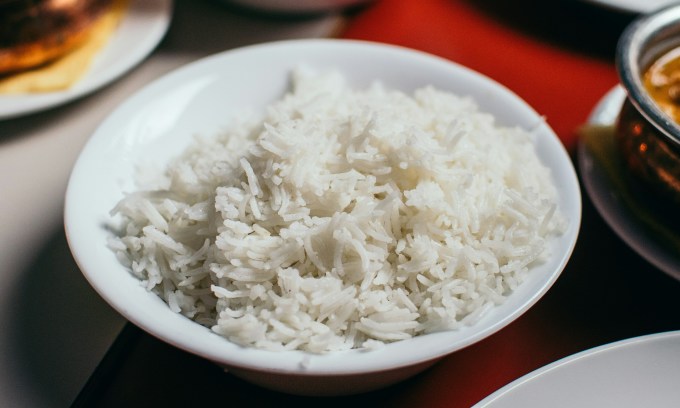Does eating leftover rice help with weight loss?
October 22, 2024 | 08:52 pm PT
Many people believe that leftover rice contains resistant starch, which reduces cravings and aids in weight loss. But is this true? (Phuong, 29, Hanoi)
Answer:
Resistant starch is a type of carbohydrate that is not fully digested in the small intestine and behaves like fiber. It provides fewer calories compared to regular starch and increases the feeling of fullness, slows down digestion, and helps reduce cravings.
However, the notion that eating leftover rice significantly aids weight loss is not entirely accurate. Despite its resistant starch content, leftover rice still contains a substantial amount of starch, and overconsumption can lead to weight gain.
A bowl of rice. Illustration photo by Unsplash |
Moreover, storing leftover rice at room temperature can lead to bacterial contamination, raising the risk of food poisoning and digestive problems. Repeatedly reheating rice also degrades its quality and nutritional value.
Therefore, it is advised not to overuse or rely solely on leftover rice as a weight-loss strategy. If the rice has spoiled, it should be discarded. For a well-balanced diet, consider pairing rice with a variety of foods, such as vegetables and proteins.
Additionally, it’s a good practice to cook just the right amount of rice for each meal to avoid leftovers and minimize waste. If storing leftover rice, keep it in the refrigerator and consume it within a reasonable time frame.
For effective weight loss, it’s essential to combine a balanced diet with regular exercise, sufficient rest, and relaxation, rather than depending on extreme fasting methods or unverified weight-loss supplements.
Dr. Nguyen Thi Lam
Former deputy director of the National Institute of Nutrition in Vietnam


Comments are closed.